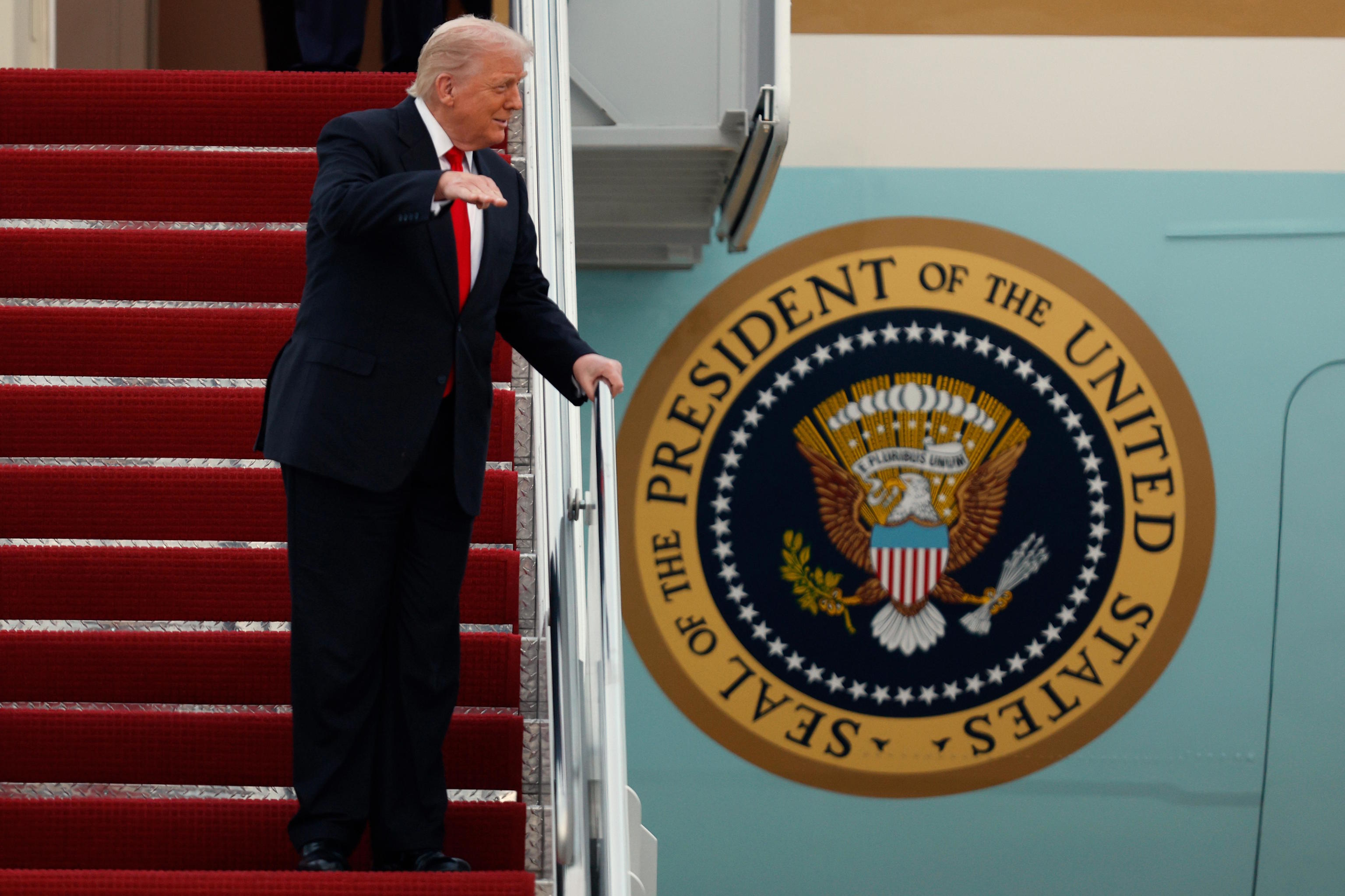The British public broadcaster BBC has issued a formal apology to the President of the United States, Donald Trump, for what it describes as a "erroneous" editing of a speech of his broadcasted in the documentary Trump: A Second Chance?, aired on the Panorama program 13 months ago.
The BBC's letter comes after Trump —through his lawyers— demanded from the network a retraction, public apologies, and an exorbitant financial compensation of one billion dollars (860 million euros). With last night's message, the President of the United States has obtained his first two demands. However, the financial conversation remains unresolved.
The controversy stems from the editing done by the Panorama team of a segment of Trump's speech on January 6, 2021, delivered just before his supporters stormed the US Congress in an attempt to prevent the ratification of Joe Biden's electoral victory in the November 2020 elections.
The TV program linked two parts separated by almost an hour: the "we're going to the Capitol" and, later, the "we fight, we fight like hell". The concatenation suggested a direct incitement to violence that Trump's supporters carried out shortly after by forcefully storming the Congress. The BBC now acknowledges that Panorama "may have unintentionally created a false impression" of Trump's words.
The apology has been conveyed by the BBC's President, Samir Shah, to the White House and then shared publicly. In his message, Shah admits that the editorial decision of the Panorama team was "a judgment error" and assures that the report "will not be broadcast again on any BBC platform in its current form".
However, the network strongly rejects the existence of grounds for a defamation lawsuit. In a statement sent yesterday to the media, the BBC acknowledges its mistake but insists that there was no intention to harm the then-presidential candidate. The radio and television network also points out that British law requires demonstrating substantial harm to the reputation of the defamed person, something difficult to support in this case.
This episode is part of a larger crisis regarding the BBC's editorial standards. On Sunday, the Director-General, Tim Davie, and the BBC News Director, Deborah Turness, announced their resignations from their respective positions. The departure of Davie and Turness occurred after an internal BBC report criticizing the Panorama team's editing of the mentioned report was leaked to the conservative newspaper Daily Telegraph, as well as accusing the network of biased coverage of Gaza and transgender issues.
For Trump, the case represents a political opportunity. The US President stated that the documentary showed that "the BBC acts as a left-wing propaganda machine". The White House has accused the network of "deliberate dishonesty". Neither the President of the United States nor his team had responded to the British public broadcaster's letter last night.
The BBC's apology, though significant, is just the first step. The question will be whether the BBC can strengthen its credibility in an environment where every editorial mistake becomes political ammunition. The best proof of the politicization of the debate about the entity's impartiality is precisely the fact that the BBC's Director-General resigned over editorial practices, which a high executive usually does not get involved in.
